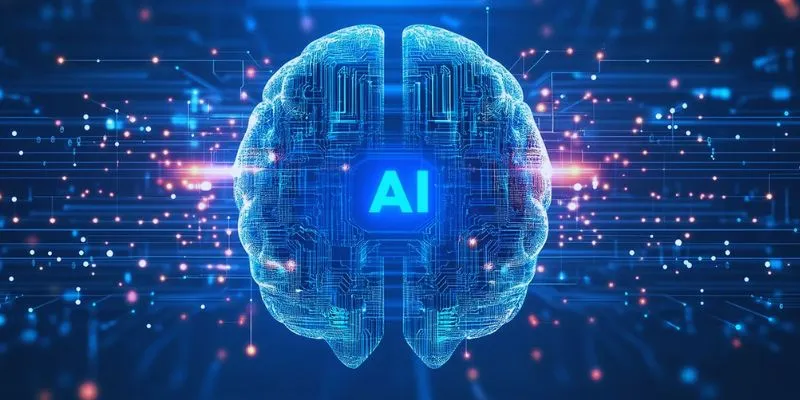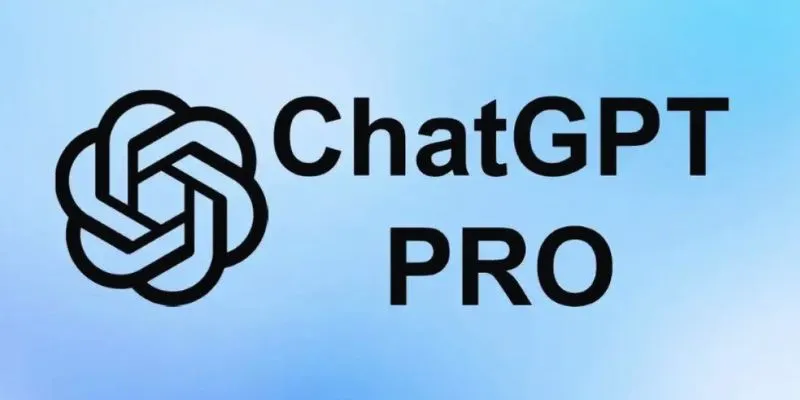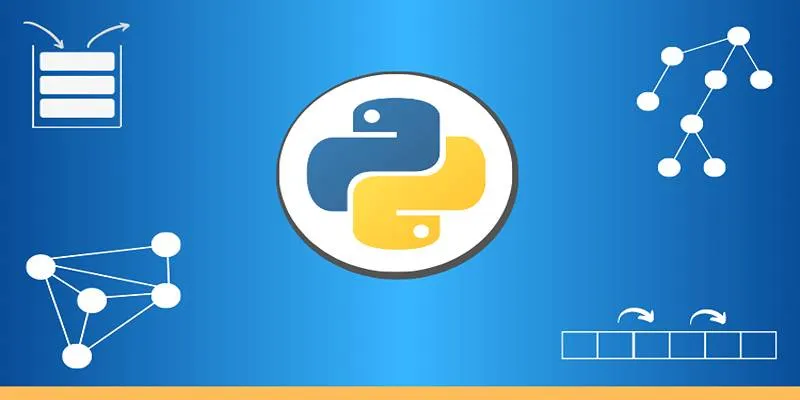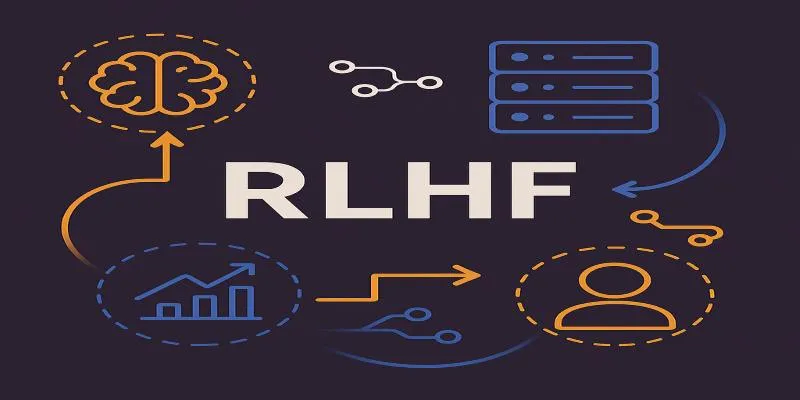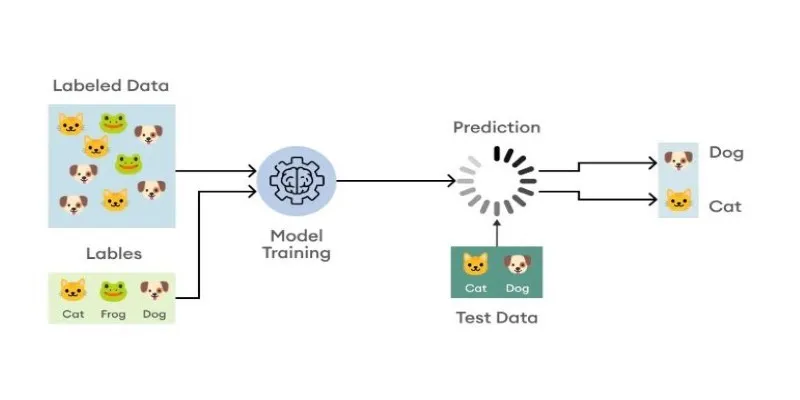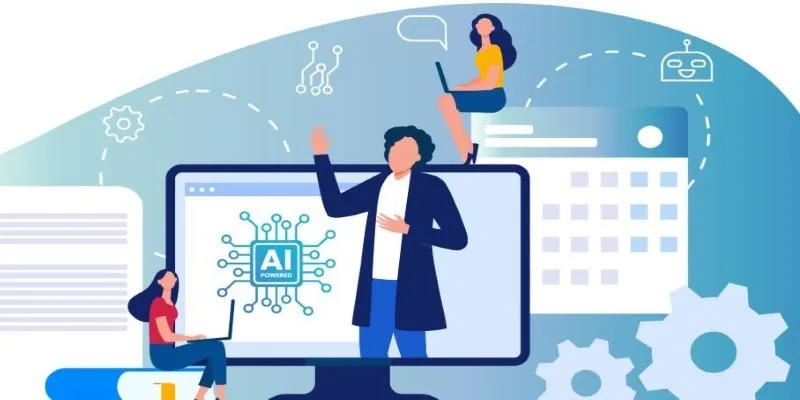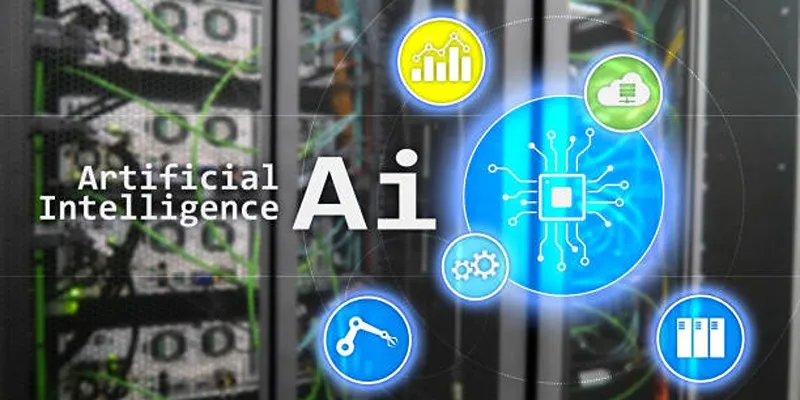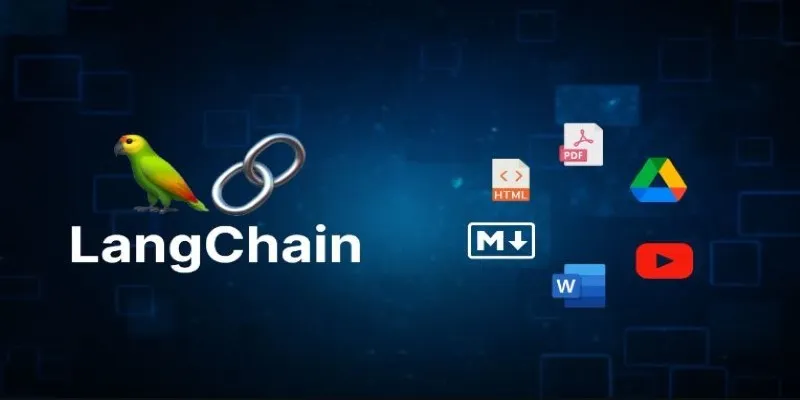Miscommunication within teams, limited project visibility, and unrealistic stakeholder expectations are common challenges faced by project managers. The best way to address these issues is by equipping yourself with the right tools. AI-powered project management tools can enhance communication, organize tasks, and provide clear insights into project timelines.
These tools improve project execution through AI, smart automation, and data analysis. If you’re looking to integrate these powerful tools into your business, here’s a curated list of the best available in 2025. Choose any to leverage their expertise and enhance your project’s outcomes.

Best AI Project Management Tools
AI project management tools enhance project planning, operations, and assessments using AI algorithms, machine learning, and data analytics. These systems are beneficial for both small teams and large corporations. Here are some top AI project management tools to consider:
Asana
Asana is a renowned project management tool that employs AI to improve task administration, project tracking, and collaboration. It features an intuitive interface and various capabilities to meet diverse project management needs. Asana’s AI-powered algorithms analyze past project outcomes to identify common mistakes, suggest productivity enhancements, and generate regular status reports. The AI-enhanced goal monitoring lets product managers track progress towards KPIs and receive early warnings about potential project issues. Asana’s AI chatbot feature simplifies interaction with the system using natural language, making it easier to obtain project information, modify tasks, and set priorities. This significantly enhances productivity by simplifying complex project management tasks.
Trello
Trello, a flexible Kanban-based project management tool , remains a favorite for its user-friendly interface and essential features. It aids teams in task management, priority setting, and workflow optimization. Trello’s advanced card division and segmentation features allow product managers to proactively organize tasks according to schedules, attachments, and importance. Its robust features make it indispensable for project managers aiming to keep teams organized and maintain project timelines. For those new to Trello, specific instructions can help them become proficient with this and other project management applications. Trello Power-Ups enable users to create concise panels and lists, maximizing the tool’s potential for project management.
Wrike
Wrike is a powerful project management tool that can help any organization grow by managing both small and large projects. It ensures all stakeholders, whether internal or external, are informed and satisfied. Wrike’s features, such as verification, approval, and design workflows, are invaluable for digital project management. Its automated processes alleviate teams from repetitive tasks, and AI algorithms assist in generating, editing, and risk detection. Wrike also provides orientation assistance and global support to ensure ease of use. With over 400 pre-built native integrations, including Asana, Airtable, HubSpot, and Slack, Wrike allows custom automated processes via its API. However, the free trial lacks features like automation, dashboards, and Gantt charts, and some users find the UI cumbersome.

ClickUp
ClickUp is a comprehensive project management tool leveraging AI to simplify complex projects. It helps organizations organize activities, produce documents, communicate, implement processes, and collaborate effectively. ClickUp offers numerous features for project monitoring, team communication, and task management, with a straightforward layout. It can also be customized to fit existing organizational procedures. ClickUp AI aids project managers by providing writing support for creating concise notes, client testimonials, and product details. Its AI-driven risk analysis engine identifies potential obstacles in development cycles by evaluating sprint velocity, team capacity, and external dependencies. With ClickUp AI, product managers can focus on strategic goals rather than administrative tasks. However, its complexity might not appeal to users seeking simpler project management solutions.
Miro
Miro’s core value lies in its creative problem-solving capabilities. It offers a user-friendly environment for conducting projects and brainstorming across various industries. Miro helps organize and save brainstorming session outcomes for future use. With a few clicks, you can set up online conferences or familiarize yourself with an app’s UX design. Miro’s dynamic whiteboard setting allows real-time collaboration with diagrams, charts, and markers. Its drag-and-drop functionality simplifies concept management and workflow development. Additional features for planning and brainstorming include an infinite canvas, customizable templates, and conversational capabilities. While Miro excels in visualization and whiteboarding, it doesn’t assist with other crucial project management aspects, making it a beautiful but costly whiteboard solution.
Conclusion
The AI-driven innovations expected in 2025 offer unprecedented features that enable product managers to work smarter, not harder. AI-powered project management tools enhance decision-making, improve departmental communication, and streamline workflows through machine learning, statistical analysis, and collaboration enhancements. Each tool discussed in this article offers unique benefits tailored to various aspects of project management. By adopting these AI-powered tools, product managers will be better positioned to foster innovation, increase productivity, and bring exceptional products to market as businesses continue embracing AI-driven solutions.
 zfn9
zfn9









